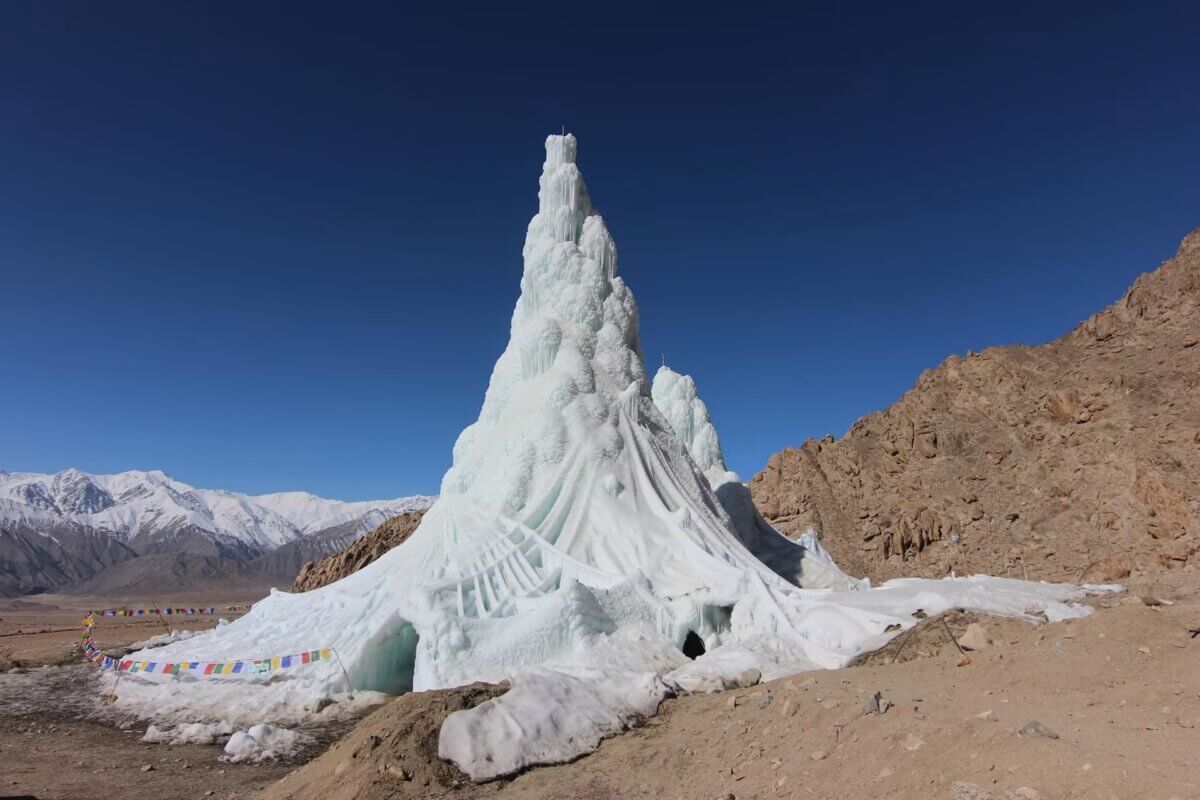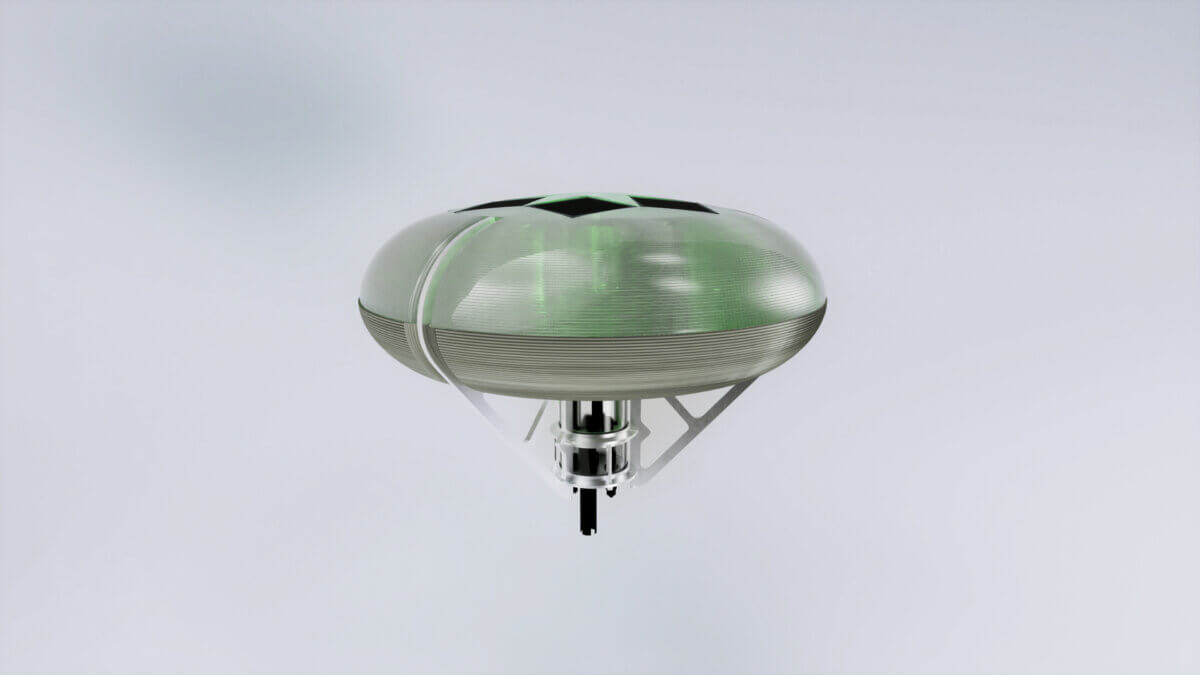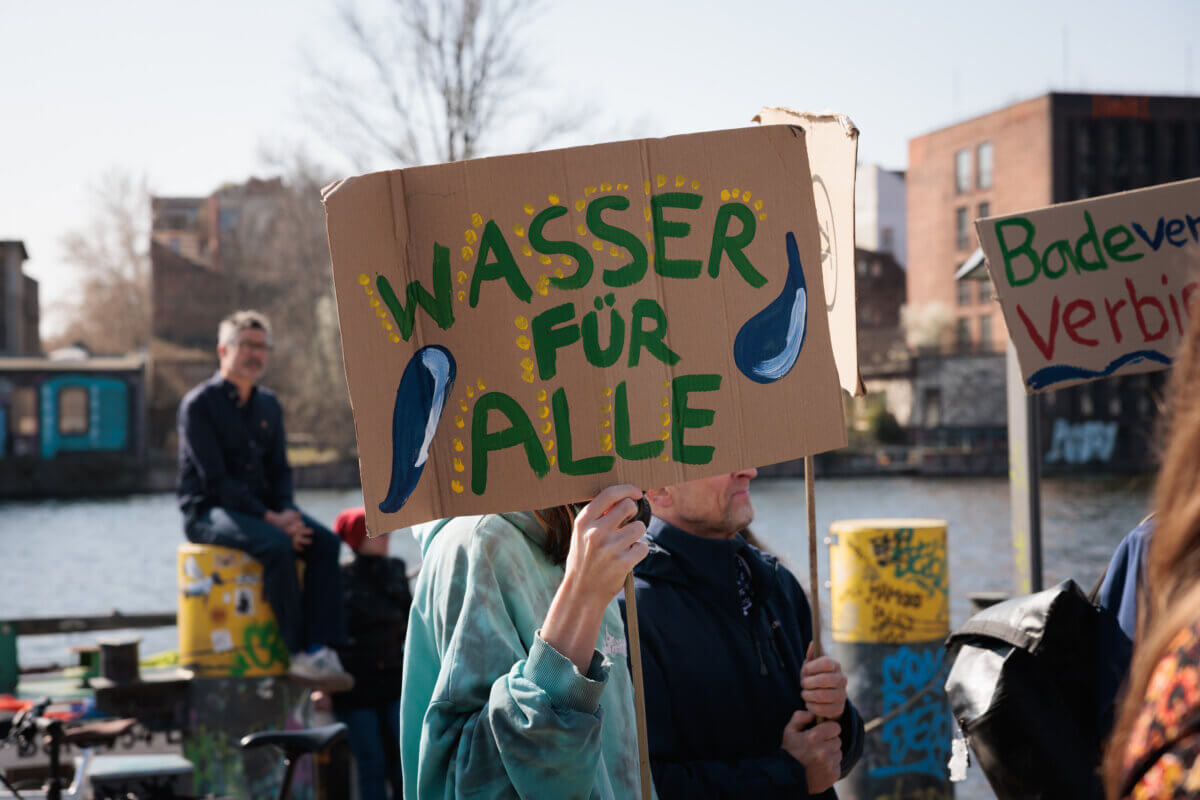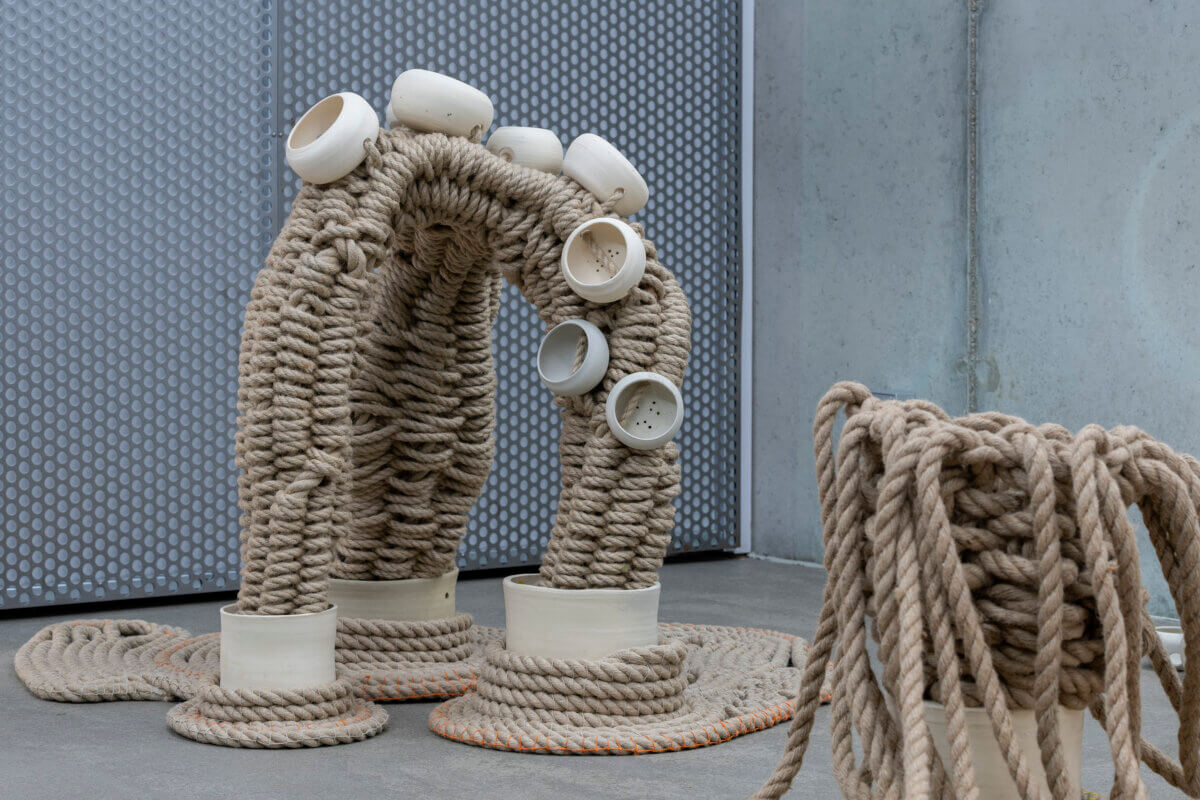The Humboldt Lab is an experimental exhibition and event venue of the Humboldt-Universität zu Berlin at the Humboldt Forum
represented by the President of the Humboldt-Universität zu Berlin,
Prof. Dr. Julia von Blumenthal
Exhibition
„On Water. WasserWissen in Berlin“
Head
Heide Barrenechea
Curation
Dr. Anna-Lisa Dieter
Prof. Dr. Daniel Tyradellis (Senior Advisor)
Curatorial Team
Bastian Herbst
Max Illner
Dr. Thomas Lilge
Karoline Winter
Production Coordination
Yunus Kleff
Scenography
Caspar Pichner
Sophia Branz (Assistant)
Exhibition Management
Anja Walther
Outreach
Bastian Herbst
Idea and Conception Digital Experience
Dr. Thomas Lilge
Design and Coordination Digital Experience
Dorothea Wagnerberger
Audio Station Coordination
Andreas Geißler
Assistants
Eileen Klingner
Roksolana Ludyn
Karoline Winter
Intern
Katherine Mary Nolan
Administration/Finances
Anna Grodecki
Birgit Lutter-Berlak
Exhibition Graphic Design
Dina Fluck
Media Scenography
SCHNELLE BUNTE BILDER
Media Planning
Max Illner
Acoustic Scenography
KLING KLANG KLONG
Video Production
Inken Sarah Mischke/Perola Filmes (digital applications)
SCHNELLE BUNTE BILDER (media wall and foyer)
Theo Thiesmeier
Audio Production
speak low
Julia Vismann
Gianpiero Tari (HU)
Exhibit Design and Installation
Sami Ben Larbi
Exhibition Construction
MWB
2M
FRANKEWERK
Oxyd
Media Hardware and Programming
Pro Video
Eidotech
English Translation
Allison Brown (texts)
speak low (audio stations)
Editing
Birgit Albrecht (German)
Penelope Krumm (English)
Karoline Winter
Illustrations
Dina Fluck
Danielle Gringmuth
Francesca Sciarmella
Object Photographs
Stefan Klenke (HU)
Philipp Plum
Accessibility Consulting
Nina Kadri
Friedrun Portele-Anyangbe
Science and Society Coordinator in the President’s Office HU
Maria Ollesch
Communication, Marketing, Press, and Public Relations HU
Birgit Mangelsdorf (Department Head)
Jenni Haberland (Press Officer for Science Communication/Open Humboldt)
IT-Support HU
Karsten Asshauer (ZfK)
Public Relations
PR-Netzwerk
Social Media Campaign and Key Visual
futurehain / Observism
The Humboldt Lab team is located at the Hermann von Helmholtz-Zentrum für Kulturtechnik (ZfK), an interdisciplinary central institution of the HU
Prof. Dr. Sharon Macdonald (Director)
Prof. Dr. Daniel Tyradellis (Vice Director)
Dr. Elisabeth Lack (Managing Director)
Project Partner: Berlin University Alliance (BUA)
Prof. Dr. Eva Ehninger (Project Owner)
Suhana Elisabeth Reddy (Head of Communication)
Dr. Nina Samuel (Lead: Objective 2 »Fostering Knowledge Exchange«)
Lucie Schiebel (Campaign)
Lenders
Berliner Medizinhistorisches Museum der Charité (BMM)
Berliner Regenwasseragentur
Estefanía Sánchez-Guerrero und Pedro Ortuño
Flussbad Berlin e.V.
Freie Universität Berlin, Institut für Geologische Wissenschaften, Fachrichtung Paläontologie
Humboldt-Universität zu Berlin, Geographisches Institut, Karten- und Bildsammlung
Labtek Apung
Museum für Naturkunde, Berlin
Leibniz-Institut für Evolutions- und Biodiversitätsforschung
Stiftung Deutsches Technikmuseum Berlin Sven Marotzke Swinmark Grenzlandmuseum Göhr Technische Universität Berlin, Mineralogische Sammlungen und Museum WasserStiftung
Scientific Consultants and Contributors
Apolline Alfsen (FU), Ali Alzaeem, Maya Alzaeem, Prof. Dr. Monika Ankele (Charité), Prof. Dr. Robert Arlinghaus (HU), Dr. Manuela Bauche (FU), Martin Bauer, Ella Beaucamp (FU), Laura Betancur Alarcón (HU), Dr. Annett Bochmann (HU), Roland Bolz, Dr. Isabel Bredenbröker (HU), Prof. Dr. Malte Brinkmann (HU), Prof. Dr. Magdalena Buchczyk (HU), Prof. Dr. Christian Calliess (FU), Sascha Dannenberg (FU), Dr. Andrei Dörre (FU), Salam Ebeid (FU), Prof. Dr. Irina Engelhardt (TU), Prof. Dr. Ignacio Farías (HU), Dr. Thomas Flierl, Vitor Garcia de Almeida, Melanie Garland (HU), Prof. Dr. Dieter Gerten (HU), Dr. Robert Johannes Giebel (TU), Maike Glos (FU), Prof. Dr. Susanne Gödde (FU), Prof. Dr. Nadine Göppert (FU), Green Legal Impact Germany e.V., Dr. Heiner Grüneberg (HU), Şermin Güven (FU), Dr. Alfred Hagemann (Stiftung Humboldt Forum), Daniela Hahn (Charité), Dr. Oliver Hampe (Naturkundemuseum), Prof. Dr. Sabine Hark (TU), Prof. Dr. Anna Maria Hartkopf (FU), Shahzamir Hataki, Prof. Dr. Anke te Heesen (HU), Prof. Dr. Reinhard Hinkelmann (TU), Birgit Jaenicke (Naturkundemuseum), Mahnaz Jafari, Itamar Jalon (Princeton University), Benjamin Jastram (TU), Valerii Karpov (HU), Prof. Dr. Christian Kassung (HU), Dr. Reinhard Kleßen (HU), Prof. Dr. Sebastian Klotz (HU), Prof. Dr. Ulrike Kluge (Charité), Susanne Koelbl & The Poetry Project e.V. Berlin, Prof. Dr. Tobias Krüger (HU), Dr. Mats Küssner (HU), Theresa Kutzner (FU), Prof. Kerstin Laube (TU), Théo Léger (Naturkundemuseum), Laura Lehnhoff (FU), Ottokar Lehrner, Prof. Dr. Bertram Lomfeld (FU), Prof. Dr. Carsten Lüter (Naturkundemuseum), Dr. Mohsen Makki (HU), Dr. Walther Maradiegue (FU), Giorgia Marcelli (FU), Dr. Elizabeth H. Margulis (Princeton University), Dr. Christian Marx (TU), Prof. Dr. Gabriele Metzler (HU), Prof. Dr. Timothy Moss (HU), Anette Müller (TU), Pauline Münch (HU), Dr. Thomas Nehls (TU), Nadja Neumann (IGB), Robert Niemann (TU), Yasser Niksada, Indrawan Prabaharyaka (HU), Rechte der Natur e.V., Sophie Reuter, Dr. Kristina von Rintelen (Naturkundemuseum), Dr. Thomas von Rintelen (Naturkundemuseum), Dr. Juliana Robles de la Pava (HU), Prof. Dr. Regina Römhild (HU), Prof. Dr. Dr. Joachim Sauer (HU), Dr. Tobias Sauter (HU), Prof. Dr. Birgit Schneider (Universität Potsdam), Prof. Dr. Christoph Schneider (HU), Prof. Dr. Gerhard Scholtz (HU), Antonia von Schöning (HU), Daniela Schoster (FU), Prof. Dr. Susanne Schreiber (HU), Prof. Dr. Alexander Schunka (FU), Ricarda Johanna Schwarz, Prof. Dr. Robert Stock (HU), Prof. Dr. Dörthe Tetzlaff (HU), Angelina Tittmann (IGB), Dr. Emanuel Tschopp (FU), Tomás Usón (HU), Dr. Mareike Vennen (Landesarchiv Berlin), Navena Widulin (Charité), Sebastian Walter (FU), Joachim Weinhold (TU), Hannah Wilkie (Princeton University), Dr. Kirsty Wissing (Australian National University), Ony Yan & Team von Cerberus (Hochschule für Technik und Wirtschaft Berlin & Weißensee Kunsthochschule Berlin), Dr. Layla Zami (FU), Dr. Oliver Zauzig (HU), Prof. Dr. Jutta Zeitz (HU), Dr. Jonas Zimmermann (FU), Christine Zorn (Naturkundemuseum)
Participating Students
M.A. program „Zukunftsforschung“ (FU): Stefan Barger, Susann Bernhold, Jannik Gallmetzer, Dominik Kramer
M.A. program „Bühnenbild_Szenischer Raum“ (TU): Henrike Haber, Carmen Hartmann, Johanna Schulze
Student projects within the scope of the interdisciplinary seminar „Natur – Technik – Bildung – Erziehung“ (HU): Freya Kubitzki, Wang Meng, Daniel Pastenaci, Linnea Pawel, Josephine Rogge, Clara Rudel, Laura Sanden, Zoé Schubert, Selina Nancy Sorkpor, Louis Stegemann, Martin Weber-Spanknebel, Stella Winter-Buerke
Studium Oecologicum (HU): Anna Hinderer, Torben Rohde (Dozent:innen); Marie Ewert, Nina Plüer (Social Media); Sofia Bauriedl, Ida Berndt, Laura Haumberger, Marta Rittner, Selin Tuncer (Guide im Außenraum); Vivien Kamischke, Nadja Müller, Malin Rosin, Johanna Schenk, Vanessa Scholz (Drop-In)
Artistic works
Angela Alves
Dimitra Almpani-Lekka
Mirja Busch
Andreas Greiner
Jakob Kukula
Teresa Pereda
Rasa Weber
Mediators
Elham Assadikhonsari
Veronika Deinbeck
Hans-Christian Hajer
Joachim Hausknecht
Imke Küster
Ottokar Lehrner
Maren Richter
Tom Werner
Mirjam Winkler



